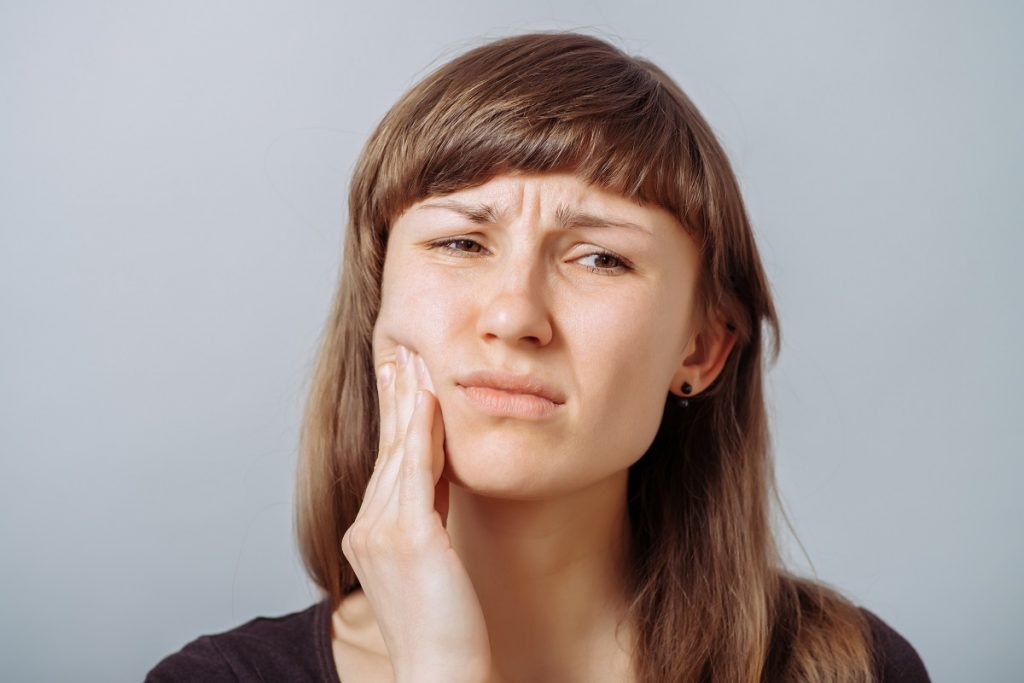- Women are more prone to dental issues due to hormonal changes, pregnancy, menopause, diet, and lifestyle habits.
- 12% of women in the U.S. can’t afford dental care and are more likely to skip regular dental visits.
- Hormonal changes increase the body’s susceptibility to plaque and other dental problems.
- Menopause can lead to bone loss and dry mouth syndrome, which affects oral health.
- To prevent dental problems, women should practice good oral hygiene, replace missing teeth, and more.
Women are more likely to experience dental issues compared to men. Despite maintaining good oral hygiene, women still succumb to dental problems such as gum disease, cavities, and tooth decay. Many factors contribute to women’s dental problems, ranging from hormonal changes, pregnancy, menopause, and even diet.
Dental Health of Women in The U.S.
It’s estimated that 12% of women can’t afford dental care. Research also shows that women are more likely to skip regular dental visits and cleanings, which can lead to additional problems down the road. Here’s why women are more vulnerable to dental diseases and what you can do to prevent them.
Hormonal Changes
Hormonal changes, particularly during puberty and menstruation, significantly impact women’s oral health. Hormonal changes can lead to gum inflammation and gum disease. The hormone surge during this period can affect the body’s response to plaque, making teeth more susceptible to damage. Women must visit the dentist regularly during their menstrual cycle to keep their dental health in check.
Pregnancy

Pregnancy is a significant life event that can trigger dental problems. Hormonal changes during pregnancy can lead to gingivitis or gum disease, which manifests as red, swollen, and bleeding gums. Dental issues during pregnancy can also affect the unborn child’s health, leading to premature delivery, low birth weight, and neonatal mortality. Regular dental checkups, proper oral hygiene, and a healthy diet can help prevent dental problems during pregnancy.
Menopause
Menopause marks the end of a woman’s reproductive life and is accompanied by several physical changes that can affect dental health. Reduced estrogen levels can lead to bone loss, affecting teeth’ strength and density. Menopause can also lead to dry mouth syndrome, which is a condition where there is reduced production of saliva. Saliva is essential in neutralizing harmful bacteria in the mouth and preventing tooth decay.
Diet
A healthy diet is essential for good oral health in both men and women. However, women are more likely to have an imbalanced diet due to weight loss or gain, pregnancy, and menopause. Foods high in sugar and carbohydrates increase the risk of cavities and tooth decay. An imbalanced diet can also lead to nutrient deficiencies, affecting bone density and teeth. Maintaining a healthy and balanced diet is essential to prevent dental problems.
Lifestyle Habits
Lifestyle habits such as smoking and excessive alcohol consumption can have a detrimental effect on oral health. Women who smoke are more likely to experience gum disease and tooth loss than non-smokers. Excessive alcohol consumption can lead to dry mouth syndrome, increasing the risk of tooth decay. Women should avoid smoking and reduce alcohol consumption to maintain good oral health.
Preventing Oral Diseases Among Women
Thankfully, there are several steps that women can take to prevent dental diseases. Here are some of those ways:

Replace Any Missing Teeth
Missing teeth can lead to gum problems such as periodontitis and more. You must get implants to replace them immediately. However, they can be pretty expensive. So make sure to check affordable tooth implants that fit your budget. These implants are usually made from a 3D printer, making them more affordable.
Brush and Floss Regularly
Good oral hygiene is essential for preventing dental problems. Women should brush their teeth at least twice a day and floss daily. Doing so helps remove plaque buildup, which can lead to cavities, gum disease, and other issues.
Visit the Dentist Regularly
Regular checkups are essential for maintaining good oral health. Women should visit the dentist at least twice yearly for a thorough cleaning and checkup. This helps to spot any potential issues early on, allowing for timely treatment.
Eat a Balanced Diet
Women should eat nutritious foods low in sugar and carbohydrates, such as fruits, vegetables, and lean proteins. Eating a balanced diet helps maintain dental health by providing essential nutrients and minerals to the body, which helps strengthen teeth and bones.
Dental diseases are quite common among women due to hormonal changes, pregnancy, menopause, diet, and lifestyle habits. Taking proper care of your dental health can help prevent dental problems and keep your teeth healthy for longer. Practicing good oral hygiene and eating a healthy diet are some of the best ways to maintain dental health.

